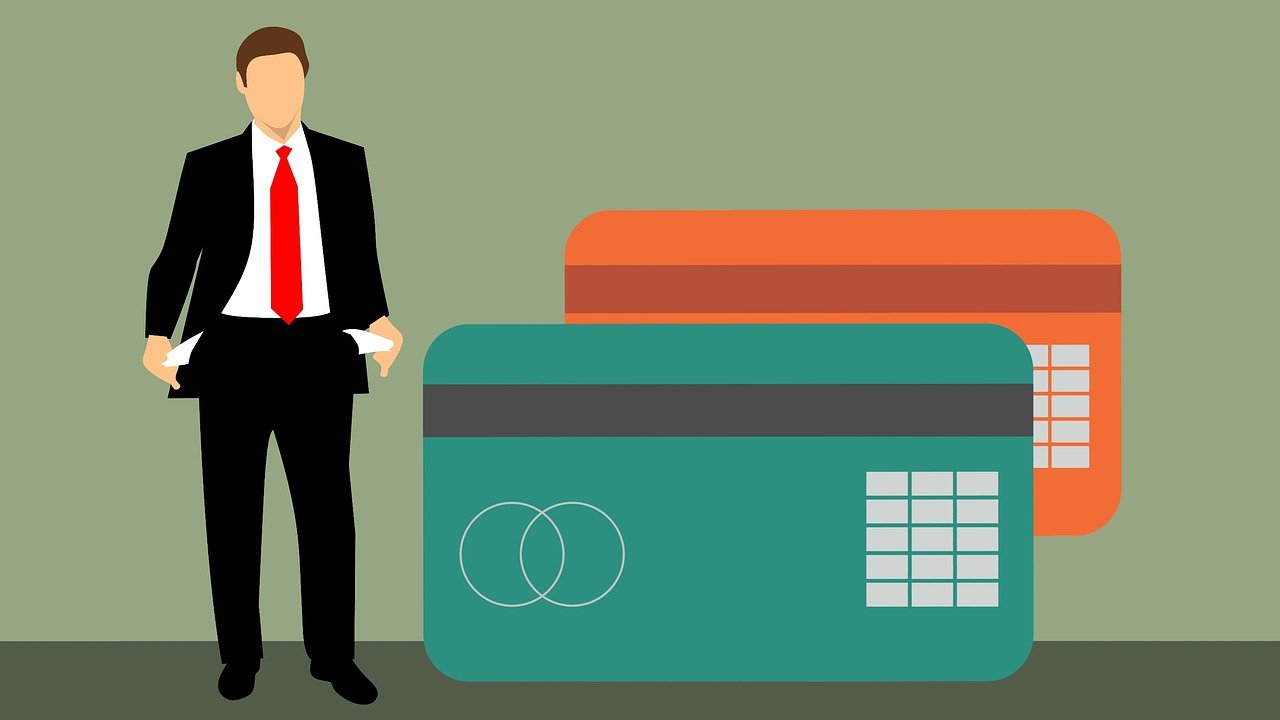If you’re dealing with unsecured debt, you might have heard of this magical term “debt write off”. It could allow you to not pay back everything you owe. But how does it actually work, and is it an option for you?
Debt write off works in different ways depending on what debt solution you choose. You can’t usually write off debt without entering into a legally binding agreement, either directly with your creditors, or more commonly by using a third party.
Choosing a debt solution depends on your situation, how much you owe and how much you can afford to pay back per month.
Let’s run down the options and how they could work with debt write off:
1. IVAs
One of the most common debt solutions is an Individual Voluntary Arrangement (IVA).
How it works:
You make a formal agreement with your creditors, to pay back what you can afford each month, usually over 5 or 6 years. This monthly payment will be agreed upon a realistic, affordable budget. Following the approval of your IVA, your creditors will freeze interest and charges and cease contact for payment of debts included in the Arrangement.
After the IVA successfully completes your creditors write off debt that remains.
To be eligible, you must:
- You have a regular, sustainable income from which you can afford to make a monthly contribution
- Owe £6,000 or more to unsecured creditors
- Live in England, Wales or Northern Ireland
For creditors to accept an IVA, the return they will receive must usually be more beneficial for them than if you filed for Bankruptcy.
2. DROs
A Debt Relief Order or DRO can be a good option for people with lower levels of debt, and little or no assets.
How it works:
A DRO usually lasts for 12 months, for which no payments are required. During the DRO, you will be protected from further recovery action by creditors.
After the year, if your financial situation doesn’t improve, your creditors will write off your debts.
The main difference between a DRO and IVA, is that on an IVA you may have larger assets and a higher income.
To be eligible for a DRO, you must:
- Owe less than £30,000 to unsecured creditors
- Not be a homeowner
- Have limited spare income, usually £75 or less per month
- Have little assets, worth under £2,000
3. Bankruptcy
You may choose to file for Bankruptcy if you have high levels of debt. It may require you to sell any high value assets like your home or car, depending on their value, in order to pay back your debts.
How it works:
You must declare Bankruptcy through the GOV website, it costs £680. You will be required to pay back what you can, usually over a period of a year, and this may include selling any high value assets you may have depending on their worth.
Debts included in the Bankruptcy are in effect written off on the making of the Bankruptcy Order.
Bankruptcy could mean that you lose your home, depending on the level of equity in it.
“I’m in debt but I don’t know which option to choose.”
If you’re struggling with debt, it’s important to seek out financial advice rather than just ignore the situation. Debt write off may seem appealing but the main thing is to choose an option that is most suited to your own circumstances. If you are able to repay your debts to the best of your ability without writing any amount off, this is likely to put you on a better footing for taking out credit in the future.
There is plenty of debt advice out there, so make sure you do your research. There are more options than the three on this page which could suit your financial circumstances better but don’t allow you to write off debt. Speak to a financial adviser or debt solutions expert, although some may charge a fee, there are free services available. With better advice you’ll be more likely to get your finances back on track.
Choosing an option can become overwhelming. This is why the Government introduced Breathing Space or The Debt Respite Scheme.
What is Breathing Space?
Breathing Space allows you some time to choose a debt solution without your creditors harassing you. If you are accepted, it will give you 60 days where lenders must freeze interest, charges and extra fees; and they won’t be able to take further legal action to recover the debts.
It’s important to remember, you’ll still have to make your regular monthly payments during this time.
Breathing Space is not a debt solution, but it could give you some relief, and the time and energy to find the right solution for you.



 Bitcoin
Bitcoin  Ethereum
Ethereum  XRP
XRP  Tether
Tether  Solana
Solana  USDC
USDC  TRON
TRON  Lido Staked Ether
Lido Staked Ether  Cardano
Cardano  Avalanche
Avalanche  Toncoin
Toncoin